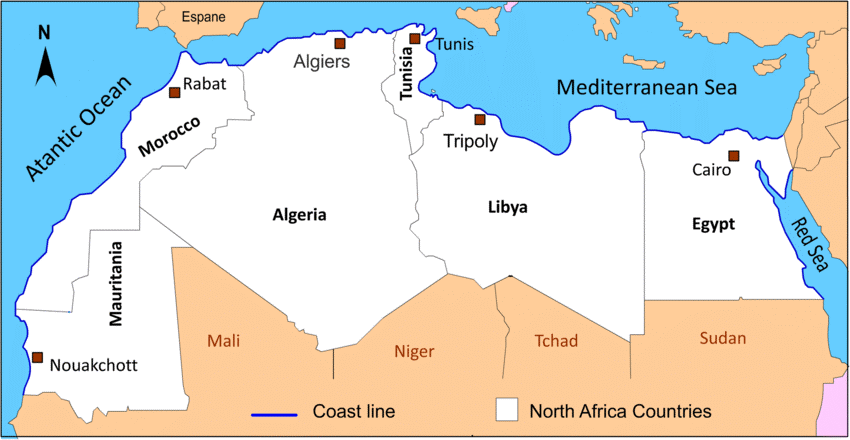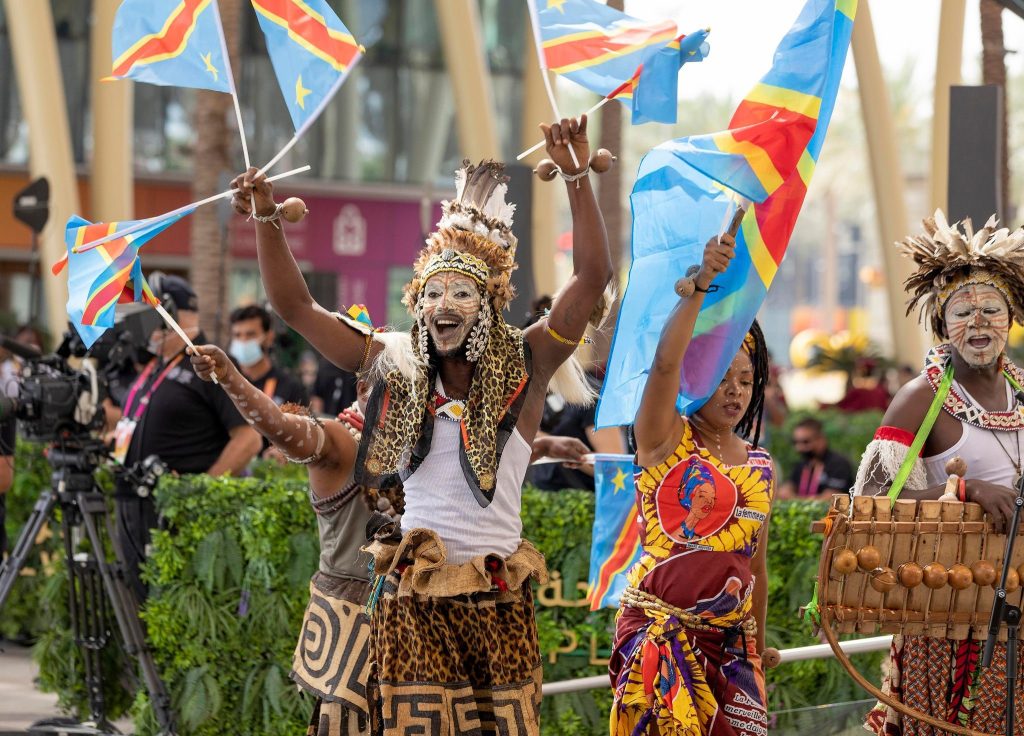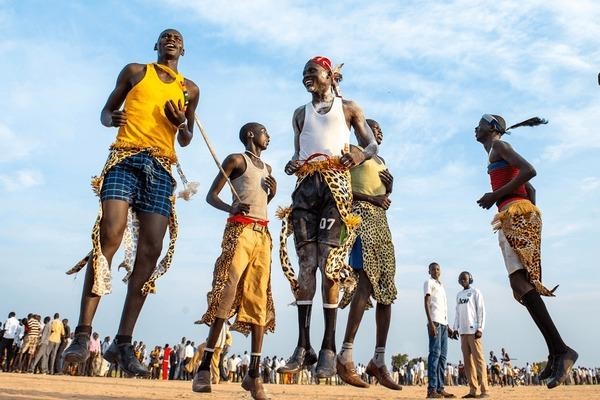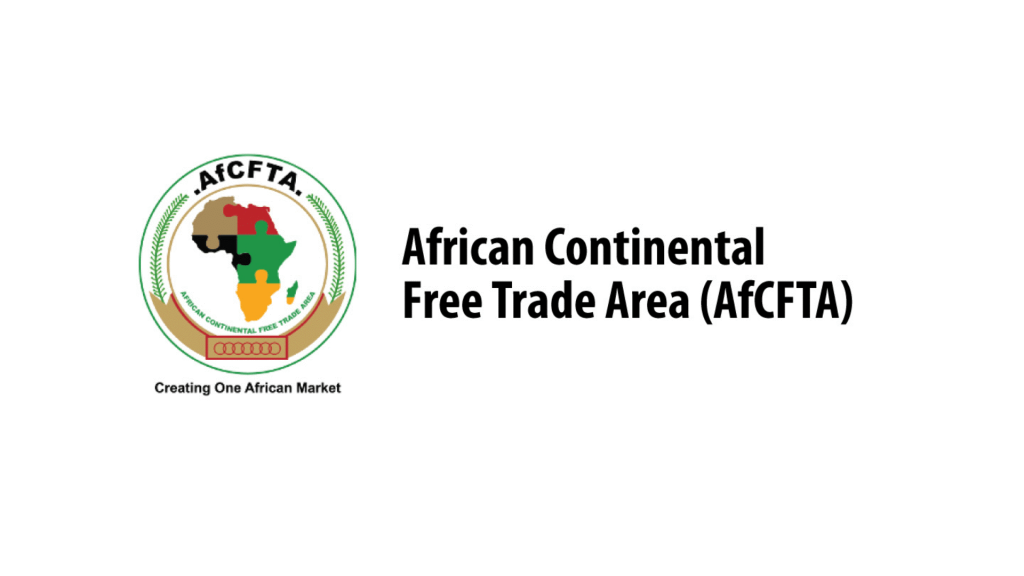DR Congo’s education system comprises two years of kindergarten education, six years of primary education, and six of secondary education. One can then attend a Diplome de Gradue for three years, a second tertiary cycle of 2-3 years of Licence, and a diplome d’etudes superieres/DES for 2 years for a master’s level, and other advanced teacher training and doctorate. The country has its best universities which include the University of Kinshasa, Lubumbashi, and the University of Kisangani which are among the top three best universities in the country. The country is known to have a literacy rate of slightly more than eighty percent. Studying in the country needs one to either study the French language or take one’s career using the French language, although the country does not seem to have study abroad programs that students from the rest of the world or Africa can take in their universities. Despite the country establishing its universities for further studies, the majority of their school children of primary school age have not enrolled at any school, and 44 percent of those attending start their schooling . The USAID has worked with the country under the 2015-2019 CDCS where it supports the country’s education ministry to promote equity, retention, and access and also enhance the education relevance and quality to the people of the country and especially the youth.




